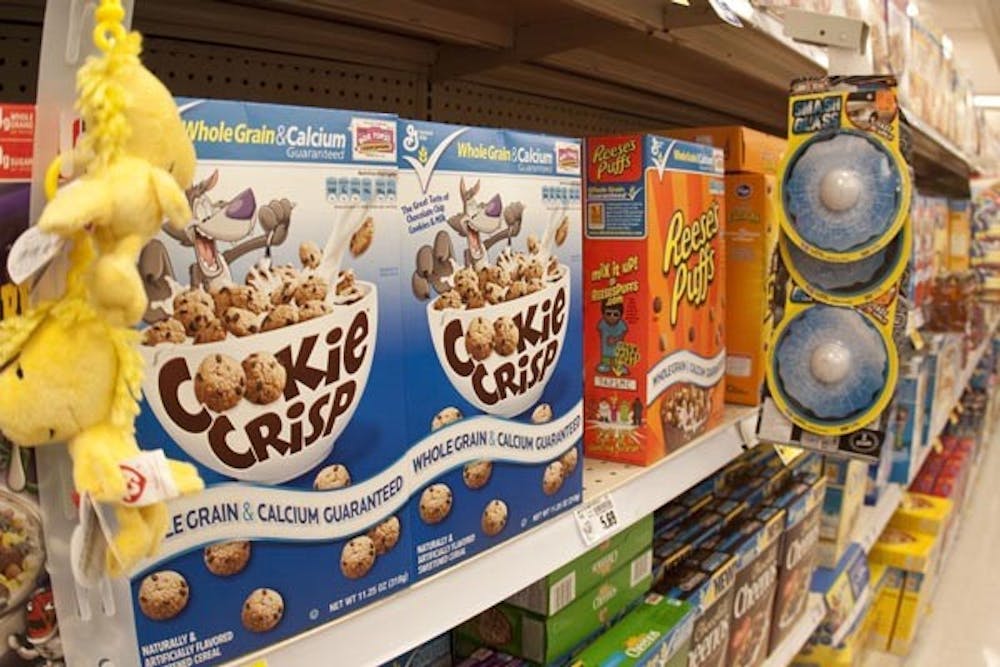A new study from ASU’s business school reveals that when reaching for the Fruity Pebbles or turning on a “Full House” rerun, people may be expressing a need to belong.
The study, conducted by marketing graduate student Katherine Loveland, found that people who feel an increased need for social connection will be more likely to choose food and television programs from their childhood instead of contemporary options.
“We prefer nostalgic products when we have a higher need to belong,” Loveland said. “If you do have that high need to belong, consuming nostalgic products does make you feel better.”
Associate professor of marketing Naomi Mandel, and Dirk Smeesters, a professor of consumer behavior at Erasmus University Rotterdam in the Netherlands, assisted Loveland with the study.
The findings were published in the October issue of The Journal of Consumer Research. Results were released to the public Tuesday in a press release.
For the study, which was conducted between 2007 and 2009, Loveland intentionally made groups of college students feel “left out” of a computer simulated game.
Participants controlled a virtual character in a video game that consisted of two other characters that would throw a ball back-and-forth between themselves and the player. The study participants were told that the two other computer-generated characters were being controlled by real people.
When the characters that the participants controlled were only thrown the ball a few times, they would feel a need to belong.
When in that state, Loveland would present them with the choice to watch popular shows from their childhood, such as “The Fresh Prince of Bel-Air,” or contemporary programs like “The Office.” Loveland said the program they grew up with was the more popular choice.
Loveland said participants, when presented with nostalgic and non-nostalgic brands of candy and cookies, would prefer the brand that prompted nostalgic thoughts.
“The nostalgic products provided means to which people can socially connect, without actually having to interact with other people,” Loveland said.
However, the study found that just being reminded of a product was not enough to fulfill that need to belong. She said that when participants were given a cookie — a food normally favored by children — the feeling of being excluded subsided.
“Individuals must actually consume a nostalgic product to satisfy the belongingness goal,” Loveland said. Consuming a nostalgic product works well for social work sophomore Elizabeth Vaughn, who said she often turns to candy when she is feeling alone.
She said that though she knows it may not be the best thing, she always finds herself eating candy when she has feelings similar to the ones in the study.
“It doesn’t always actually make me feel better,” Vaughn said. “But, I always do it.”
Loveland added that she might try to reproduce the study and compare the effects of products or programs that reference an era in which the product is not produced — shows like “Happy Days” or “That ’70s Show” — and seeing if they will produce similar effects.
Social work sophomore Brandi Chacon said that when she’s feeling down, the content of her consumption is usually less important. She said that having anything to do, regardless of her nostalgic connection to it, helps distract her.
“I’ll watch a movie like ‘The Notebook,’ but not because it takes me back,” Chacon said. “I just want something to take my mind off of how I am feeling.”
Reach the reporter at Michael.reppenhagen@asu.edu





